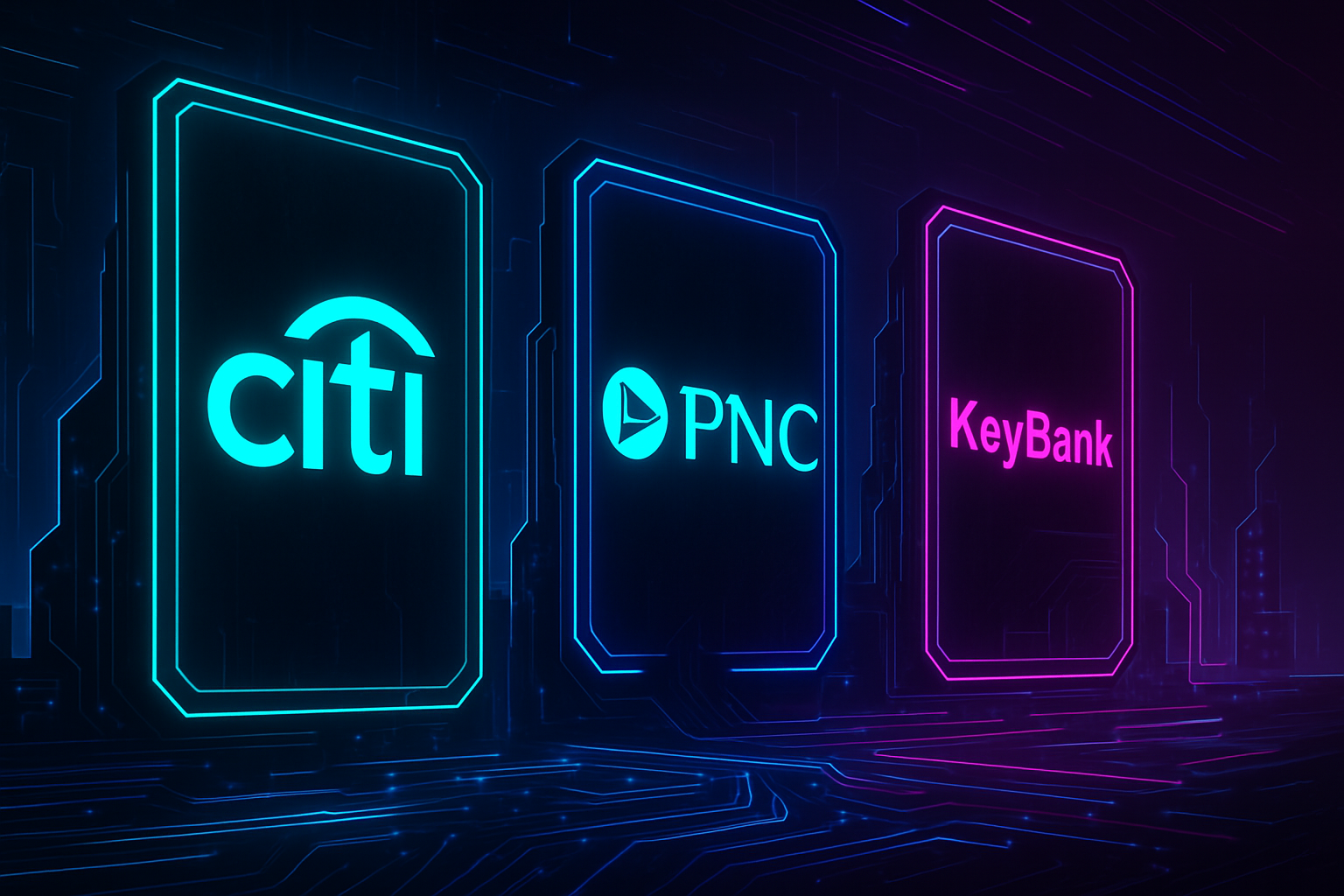
In 2025, the landscape for crypto on/off ramps among major US banks has shifted dramatically. Traditional financial institutions are no longer standing on the sidelines as digital assets grow in both adoption and regulatory clarity. Instead, banks like Citibank (Citi), PNC Bank, and KeyBank are actively integrating crypto services, enabling customers to seamlessly convert between fiat and digital currencies. This move isn’t just about keeping pace with fintechs; it’s a strategic response to customer demand for secure, compliant, and efficient access to the crypto economy.
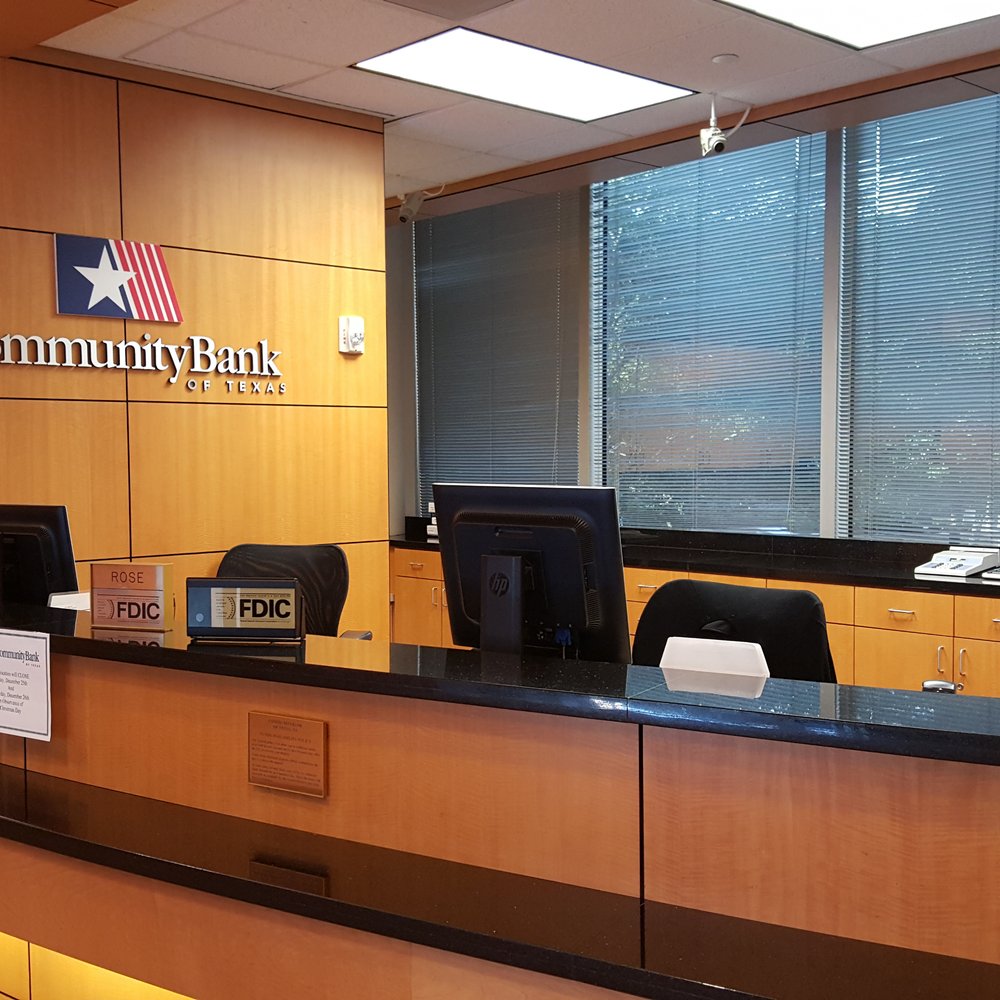
Citi Bank: Building Infrastructure for the Next Generation of Digital Assets
Citigroup has made headlines by announcing its commitment to robust digital asset infrastructure. Under CEO Jane Fraser’s leadership, Citi is developing both on- and off-ramps for cryptocurrency transactions, targeting institutional and retail clients alike. The bank is evaluating the launch of its own stablecoin as part of a broader strategy to facilitate near-instant settlements and cross-border payments.
Citi’s approach is methodical, focusing on compliance-first solutions that integrate with existing banking frameworks. By leveraging its global reach and expertise in securities services (as highlighted in their Securities Services Evolution 2024 report), Citi aims to position itself as a leader in safe digital asset custody and transaction flow, critical elements for institutions wary of regulatory risks.
PNC Bank: Coinbase Partnership Brings Crypto Directly to Retail Clients
PNC Bank‘s collaboration with Coinbase marks one of the most significant mainstream crypto integrations within US banking to date. Through this partnership, PNC clients can buy, hold, and sell cryptocurrencies directly from their PNC dashboard, powered by Coinbase’s ‘Crypto-as-a-Service’ infrastructure.
This integration goes beyond basic buy/sell functionality. PNC also provides select banking services back to Coinbase, creating a mutually beneficial ecosystem that aligns traditional finance with leading crypto platforms. For everyday users, this means streamlined onboarding processes, familiar KYC protocols, and direct conversion between USD balances and supported cryptocurrencies, all within their existing bank relationship.
How Citi, PNC Bank, and KeyBank Compare on Crypto Integration
-

Citibank (Citi): Citi is developing comprehensive crypto on/off ramp infrastructure, enabling clients to move funds between digital assets and fiat. The bank is also exploring launching its own stablecoin and has prioritized compliance and robust digital asset custody solutions. Citi’s approach is infrastructure-focused, aiming to serve both institutional and retail clients.
-
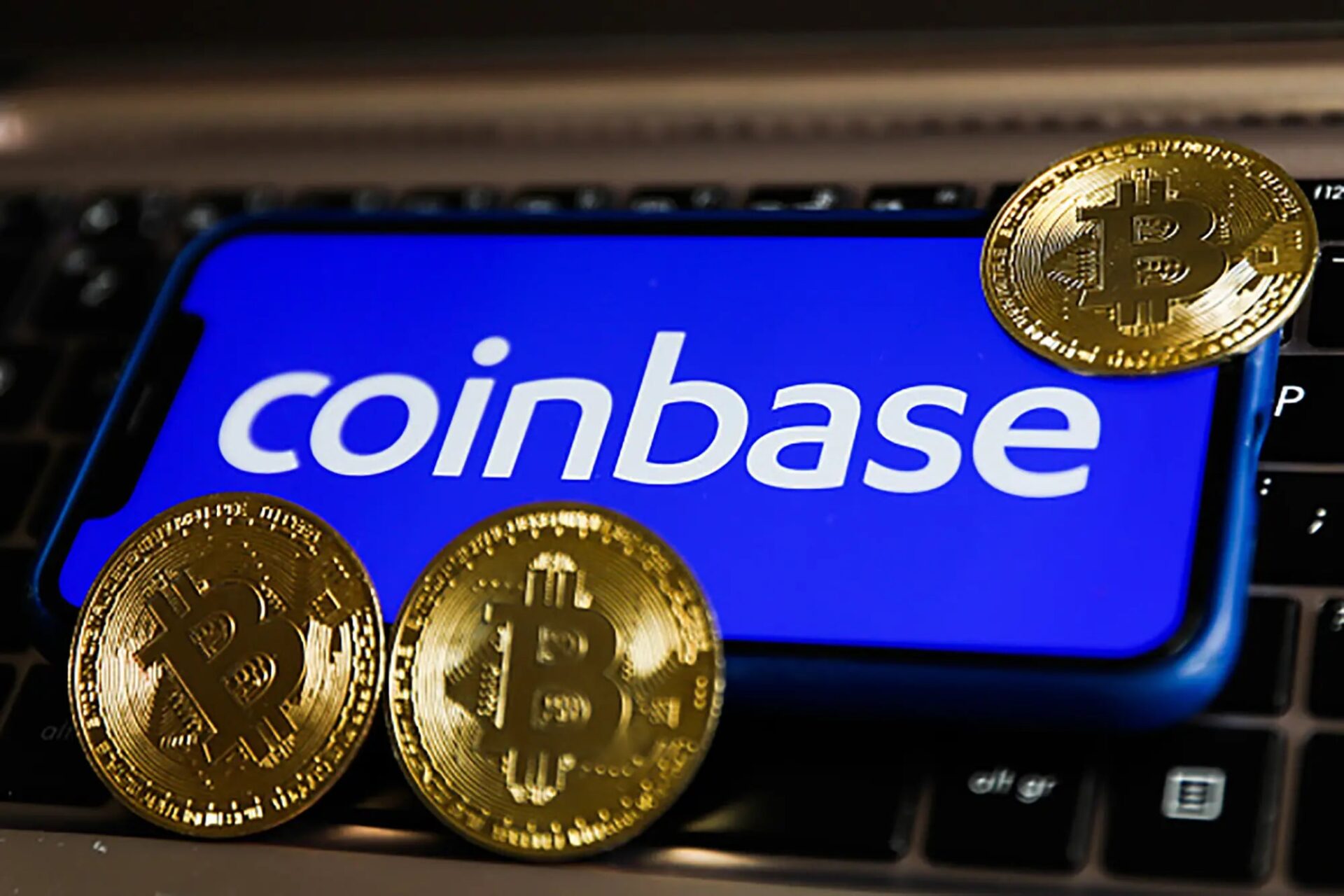
PNC Bank: PNC has partnered with Coinbase to provide direct access to buy, hold, and sell cryptocurrencies through its banking platform. This integration leverages Coinbase’s Crypto-as-a-Service infrastructure, allowing PNC clients to manage digital assets seamlessly within their existing accounts. PNC also offers select banking services to Coinbase, deepening its crypto ecosystem involvement.
-
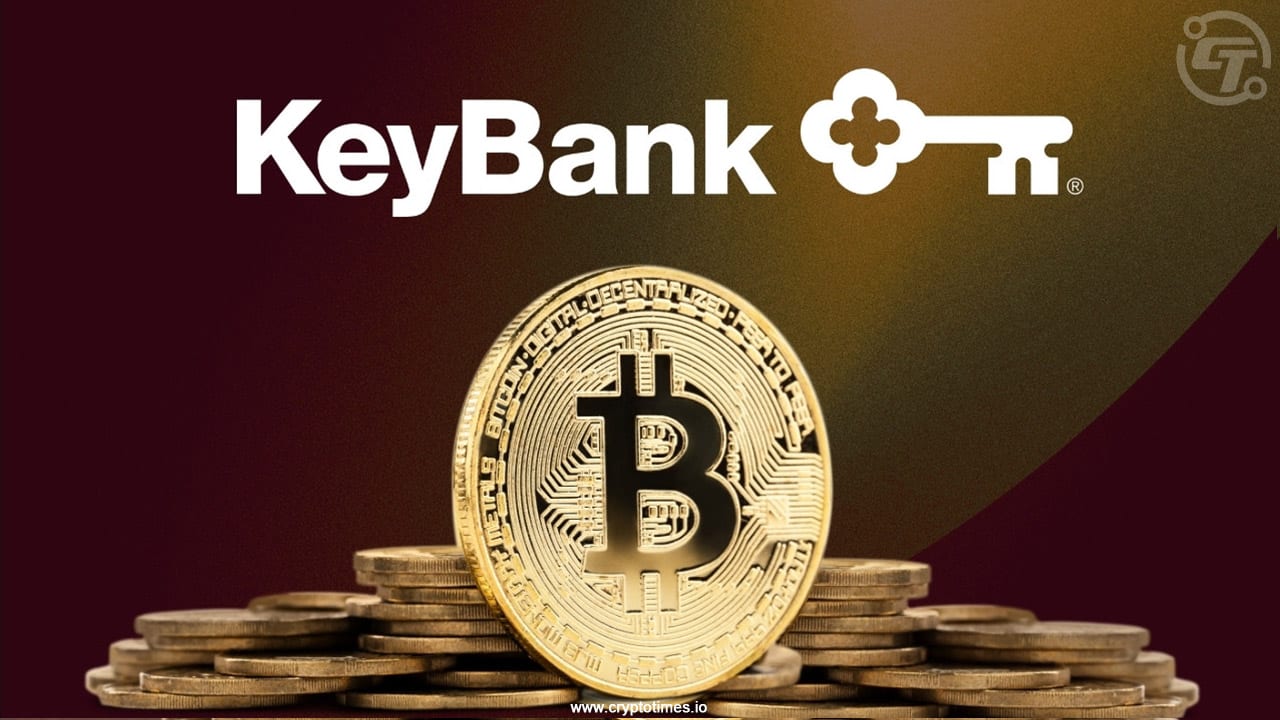
KeyBank: KeyBank is rolling out crypto services that let its 3.5 million clients buy, store, and trade Bitcoin and other cryptocurrencies directly from their accounts. The bank is working with licensed third-party firms for custody and transaction management, ensuring full regulatory compliance and a secure client experience.
KeyBank: Expanding Access With Direct Bitcoin Banking
KeyBank, serving over 3.5 million clients nationwide, has announced plans to enable customers to buy, store, and trade Bitcoin, and potentially other cryptocurrencies, directly from their bank accounts. By collaborating with licensed third-party custodians rather than building proprietary systems from scratch, KeyBank ensures that regulatory compliance remains front-and-center while accelerating time-to-market for new features.
This model allows KeyBank customers to interact with digital assets using familiar online banking interfaces while benefiting from robust security standards provided by established custody partners. The bank’s emphasis on compliance positions it well as federal guidance around cryptocurrency evolves throughout 2025.
The Growing Importance of Crypto-Friendly Banking in 2025
The emergence of integrated crypto on/off ramps at Citi Bank, PNC Bank, and KeyBank reflects a new era where traditional banks are not just supporting but actively shaping the future of digital asset adoption in the United States. As more individuals seek regulated pathways into cryptocurrency markets, and as businesses look for reliable off-ramp solutions, the role of these institutions will only increase in significance.
While fintechs and crypto-native platforms have historically led the charge in digital asset access, the entry of these major banks marks a pivotal shift. Customers now benefit from the trust, security, and regulatory safeguards inherent to established financial institutions, paired with the agility and innovation of crypto technology. As a result, choosing between Citi Bank, PNC Bank, and KeyBank for crypto on/off ramp services depends on individual priorities, whether it’s institutional-grade infrastructure, seamless retail integration, or compliance-driven convenience.
Comparing User Experience: What Sets Each Bank Apart?
The implementation details differ significantly across these three banks. Citi is targeting both institutional and retail clients with a focus on global payments and settlement speed. PNC leverages its Coinbase partnership to provide direct retail access to popular cryptocurrencies within a familiar interface. KeyBank, meanwhile, emphasizes secure custody through third-party partners and prioritizes compliance as its main competitive edge.
Each approach offers distinct advantages:
How Major US Banks Differ in Crypto On/Off Ramp Strategies
-

Citibank (Citi): Citi is developing its own digital asset infrastructure, focusing on secure on- and off-ramps for cryptocurrency transactions. The bank is exploring the launch of a proprietary stablecoin and aims to provide institutional-grade crypto services, emphasizing regulatory compliance and robust risk management.
-

PNC Bank: PNC Bank has partnered with Coinbase to integrate crypto services directly into its banking platform. Clients can buy, hold, and sell cryptocurrencies such as Bitcoin through PNC, leveraging Coinbase’s Crypto-as-a-Service. This partnership also extends to select banking services for Coinbase, positioning PNC as an early adopter among major US banks.
-
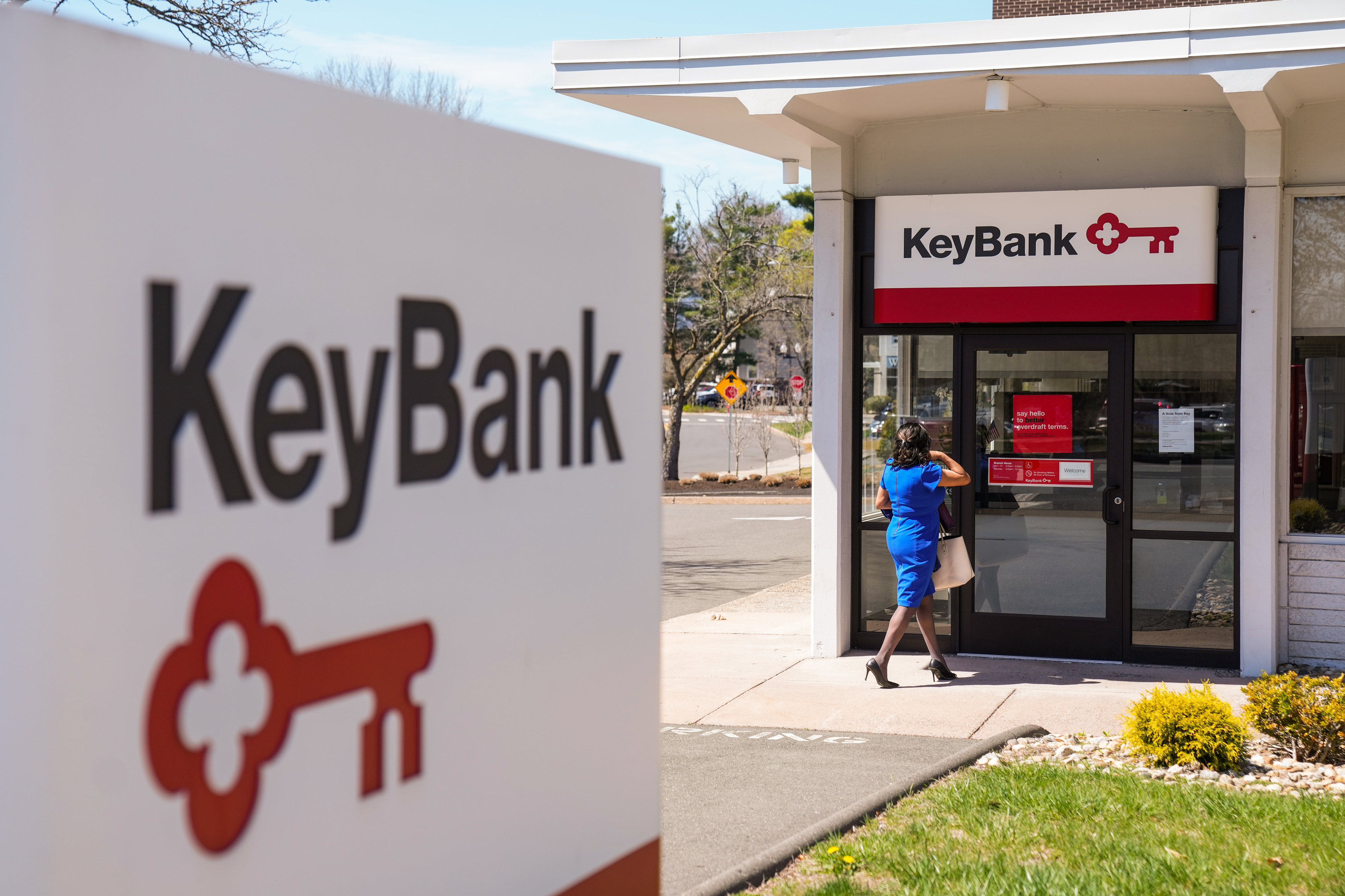
KeyBank: KeyBank is enabling its 3.5 million clients to buy, store, and trade Bitcoin and other cryptocurrencies from their bank accounts. The bank is working with licensed third-party providers for custody and transaction management, prioritizing compliance with federal regulations and seamless integration into existing digital banking tools.
What This Means for Crypto Adoption in Mainstream Banking
The willingness of Citi Bank, PNC Bank, and KeyBank to roll out robust crypto on/off ramps signals that digital assets are no longer a niche investment but an essential part of modern financial services. Their moves also pressure other US banks to accelerate their own digital asset strategies or risk falling behind.
This trend is especially relevant as stablecoin off-ramp providers and dedicated platforms like Coinbase continue to set high expectations for speed, transparency, and cost efficiency. Banks must match or exceed these standards while maintaining strict regulatory compliance, a delicate balance that will define the winners in this space through 2025 and beyond.
Key Takeaways for Crypto-Forward Consumers
- Citi Bank: Best suited for clients seeking global reach and advanced settlement capabilities.
- PNC Bank: Ideal for retail users wanting direct access to crypto via an integrated banking dashboard.
- KeyBank: Appeals to security-conscious customers who prioritize regulatory clarity above all else.
As regulatory frameworks solidify and customer demand grows more sophisticated, expect more innovation, and competition, in this space. For now, Citi Bank, PNC Bank, and KeyBank are setting the standard for what modern “crypto-friendly” banking should look like in 2025.






